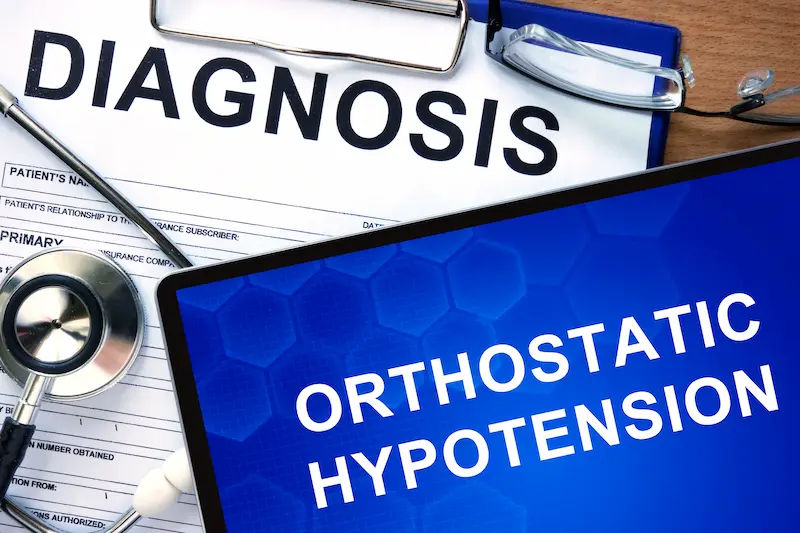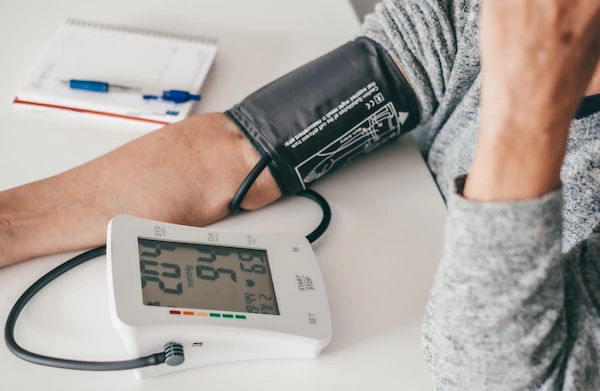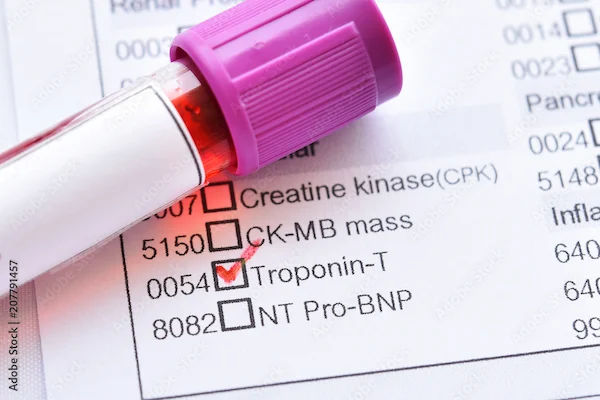- Male
- 21 Years
- 22/01/2025
I'm curious about my pulse after exercising. I did a brisk walk for about 3 kilometers, which took me around 30 minutes, and when I checked my pulse rate right after, it was between 130 and 135. Is this considered normal? My resting pulse usually sits between 70 and 80. Should I be concerned?
Answered by 1 Apollo Doctors
A pulse rate of 130-135 after brisk walking is within a normal range, especially considering your resting pulse is 70-80. As long as you do not experience any symptoms such as chest pain, dizziness, or shortness of breath, this pulse rate is considered normal for your level of physical activity.
Dr. Anshul Suggests...
Consult a Cardiologist
Answered 04/07/2025
0
0

More Cardiology Health Queries
View allI recently had a blood pressure reading of 140 over 100 and my doctor prescribed some medication. Later, I went through an echo and it turned out I have high anxiety. I'm curious, can echo tests really measure anxiety? And do you think this is something that can be cured, or does it mean I'll be on medication for both anxiety and blood pressure for the rest of my life?
Anxiety cannot be measured in an echocardiogram. Anxiety is a psychological condition that is typically diagnosed based on symptoms and a clinical evaluation by a mental health professional. Treatment for anxiety may include therapy, lifestyle modifications, and medications such as selective serotonin reuptake inhibitors (SSRIs) like Sertraline. It is possible to manage and even overcome anxiety with the right treatment approach. However, it is important to follow your doctor's recommendations and continue with any prescribed medications for both anxiety and high blood pressure to effectively manage both conditions.
Answered by 1 Apollo Doctors
I'm really worried about my blood pressure reading of 12479. Is this considered normal, or should I be thinking about medication? I don't drink or smoke, so I'm not sure what might be affecting it. Can you give me some advice on what I should do next?
Thats absolutely normal,no need to worry,maintain healthy lifestyle
Answered by 1 Apollo Doctors
I'm currently on Telma 40 for the past year, but my blood pressure still isnt under control. I'm also taking amlodac 5mg and Rosuvas 5mg, but I havent noticed much improvement. What can I do to get off these medications?
Continue all the medications..
Answered by 1 Apollo Doctors
Disclaimer: Answers on Apollo 247 are not intended to replace your doctor advice. Always seek help of a professional doctor in case of an medical emergency or ailment.





